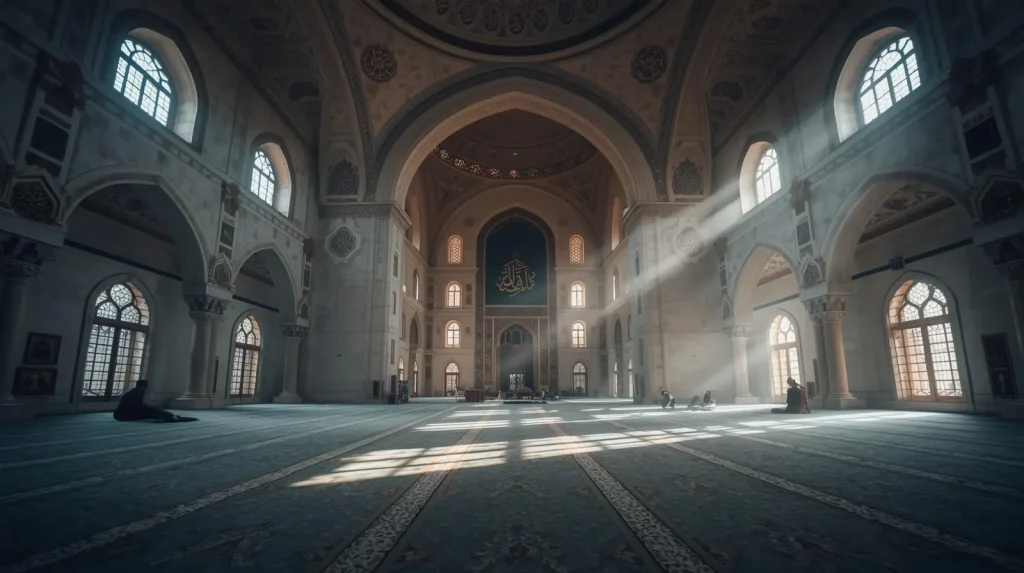Mosques are sacred spaces where worshippers gather for prayer, reflection, and community. A peaceful environment is essential for maintaining focus and spiritual connection. However, outside noise, echoes, and poor acoustics can disrupt the prayer experience. This is where soundproofing solutions for mosques play a vital role. By reducing external disturbances and enhancing internal acoustics, mosques can create a more serene and welcoming atmosphere for worshippers.
Why Soundproofing is Important in Mosques
Mosques are often located in busy urban or residential areas. Traffic noise, construction sounds, or even nearby markets can easily filter inside. Along with external noise, internal echo and reverberation from hard surfaces can also affect the clarity of the imam’s voice.

Benefits of mosque soundproofing
- Ensures clear recitation of Quran and khutbah.
- Reduces distractions during prayer.
- Improves speech intelligibility of the imam.
- Enhances comfort for large congregations.
- Minimizes disturbance to surrounding neighborhoods.
Common Acoustic Challenges in Mosques
Each mosque has unique design elements that can affect sound. Some of the common challenges include:
External noise intrusion
Busy roads, commercial zones, or nearby activities can allow sound to penetrate through windows, doors, and thin walls.
Echo and reverberation inside prayer halls
Large open spaces with marble floors, glass, and concrete surfaces create reflections of sound, making it harder to hear clearly.
Microphone and speaker feedback
Without proper acoustic treatment, mosque PA systems can cause distortion or echoes.
Disturbance to neighbors
Loud sound from mosque speakers can sometimes disturb nearby homes if not managed properly.
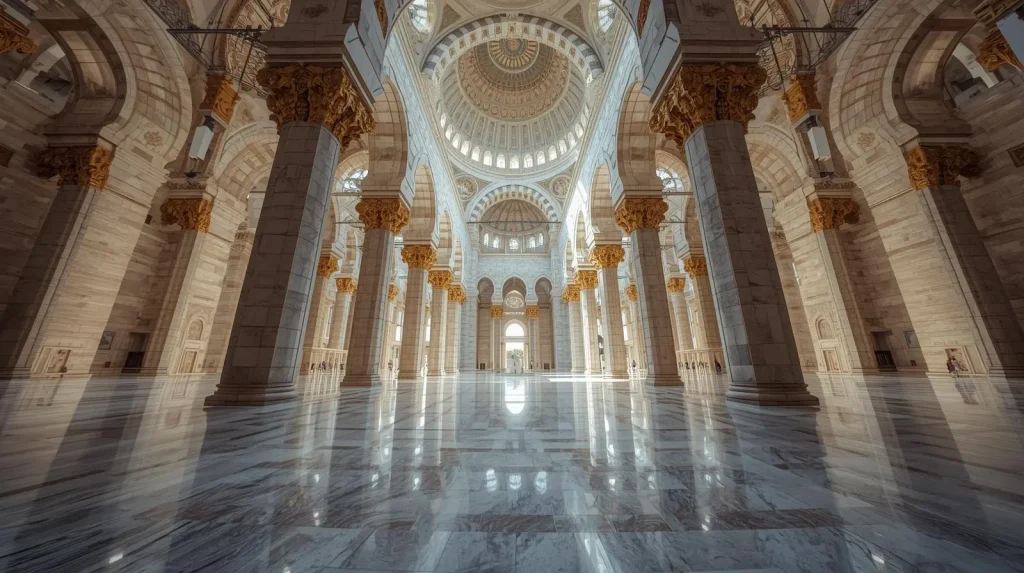
Effective Soundproofing Solutions for Mosques
Acoustic wall panels
Installing fabric-wrapped or perforated acoustic wall panels helps absorb sound reflections inside prayer halls. This improves speech clarity and reduces echo.
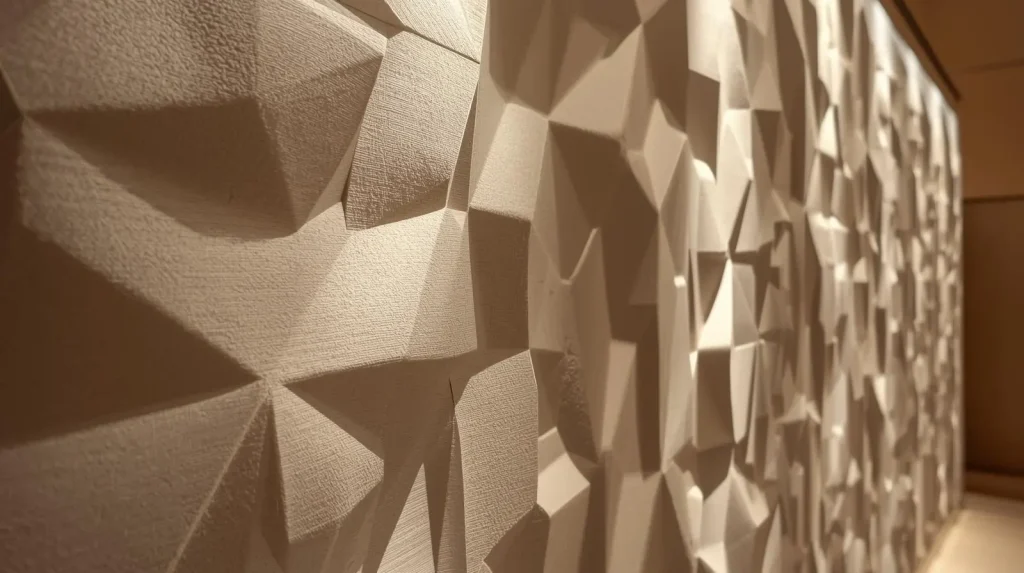
Ceiling treatments
Acoustic ceiling panels or clouds can be installed to control sound from above, especially in domed structures where echoes are stronger.

Carpet and flooring solutions
High-quality carpets with underlay not only provide comfort for worshippers but also absorb significant levels of sound.
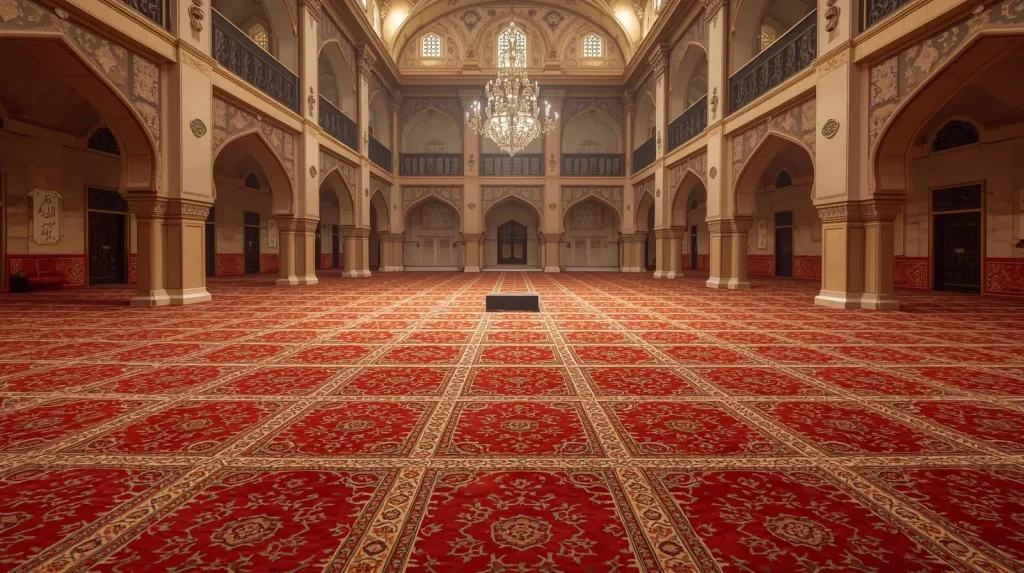
Soundproof windows and doors
Double-glazed windows and insulated doors help block external noise from entering the mosque.
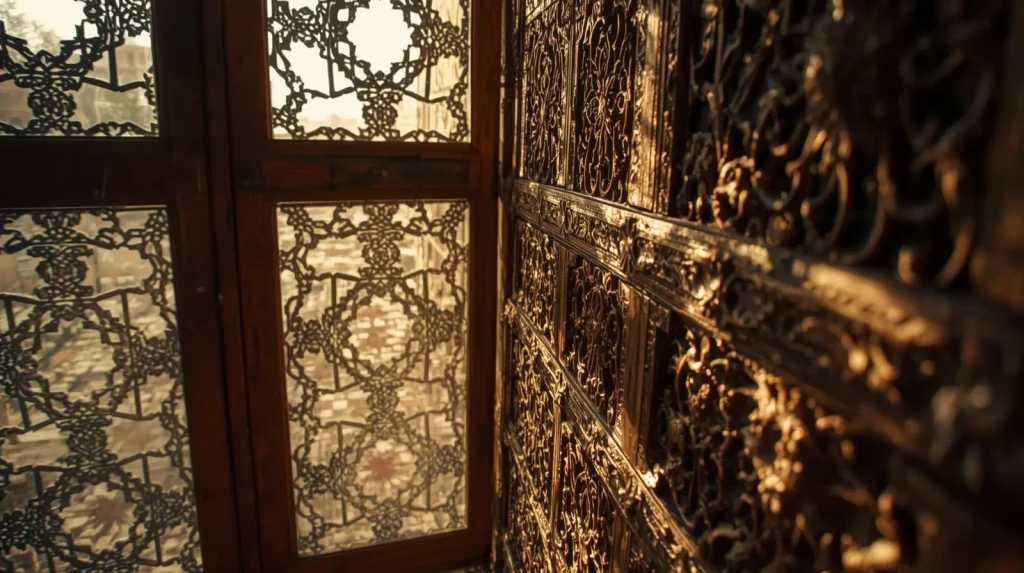
Acoustic partitions
For mosques with multipurpose halls, movable acoustic partitions can separate spaces while maintaining sound control.
Speaker placement and sound system design
Proper positioning of speakers ensures even sound distribution without excessive volume. Digital sound processors can help reduce feedback issues.
Practical Considerations Before Implementation
Before applying soundproofing solutions for mosques, administrators should consider the following:
- Budget planning: Prioritize critical areas such as prayer halls and imam’s mic system.
- Aesthetic harmony: Choose materials and designs that blend with mosque interiors.
- Maintenance: Opt for durable and easy-to-clean materials.
- Professional consultation: Work with acoustic experts to create tailored solutions.
Step-by-Step Guide to Mosque Soundproofing
- Noise assessment: Identify whether the main problem is external noise or internal echo.
- Acoustic design planning: Create a layout for panels, carpets, and ceiling treatments.
- Material selection: Choose high-quality soundproofing and acoustic materials suitable for worship environments.
- Installation: Work with skilled installers to ensure professional finishing.
- Testing and adjustments: Fine-tune the sound system for balanced distribution.
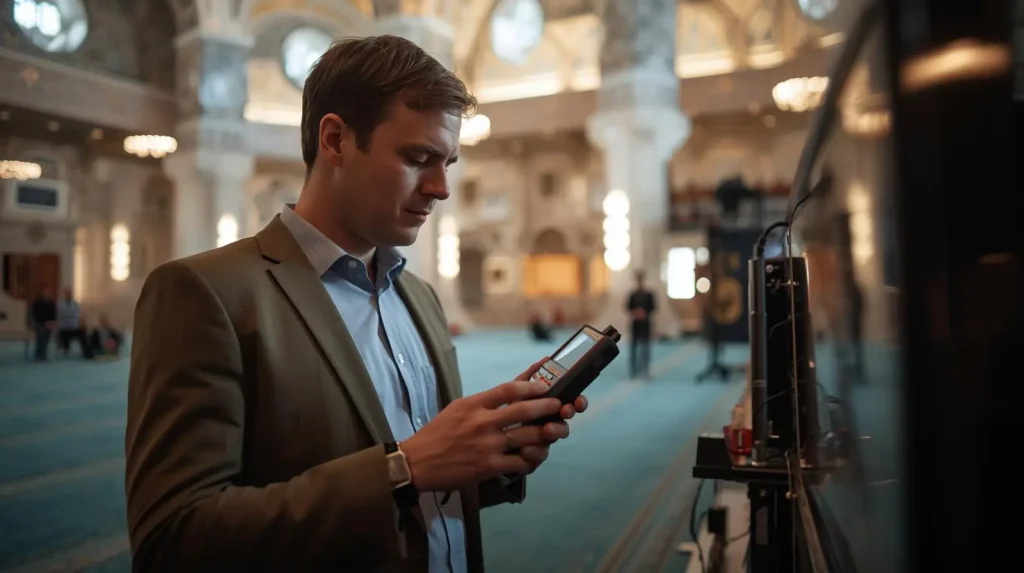
Long-Term Benefits of Mosque Soundproofing
Investing in mosque acoustics is not just about reducing noise. It creates long-term benefits such as:
- Better engagement during sermons.
- Reduced complaints from neighboring residents.
- Increased comfort for elderly worshippers.
- Preservation of the mosque’s spiritual environment.
Conclusion
A mosque should be a place of peace, reflection, and clarity. Noise disturbances and poor acoustics can interfere with that sacred experience. Implementing soundproofing solutions for mosques such as acoustic panels, ceiling treatments, soundproof windows, and proper speaker placement ensures a serene prayer environment.

For mosque committees and administrators, consulting acoustic specialists is the best way to design solutions that fit both function and aesthetics. By investing in professional soundproofing, mosques can create spaces where worshippers can focus fully on their prayers and spiritual growth.

